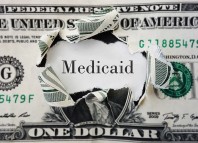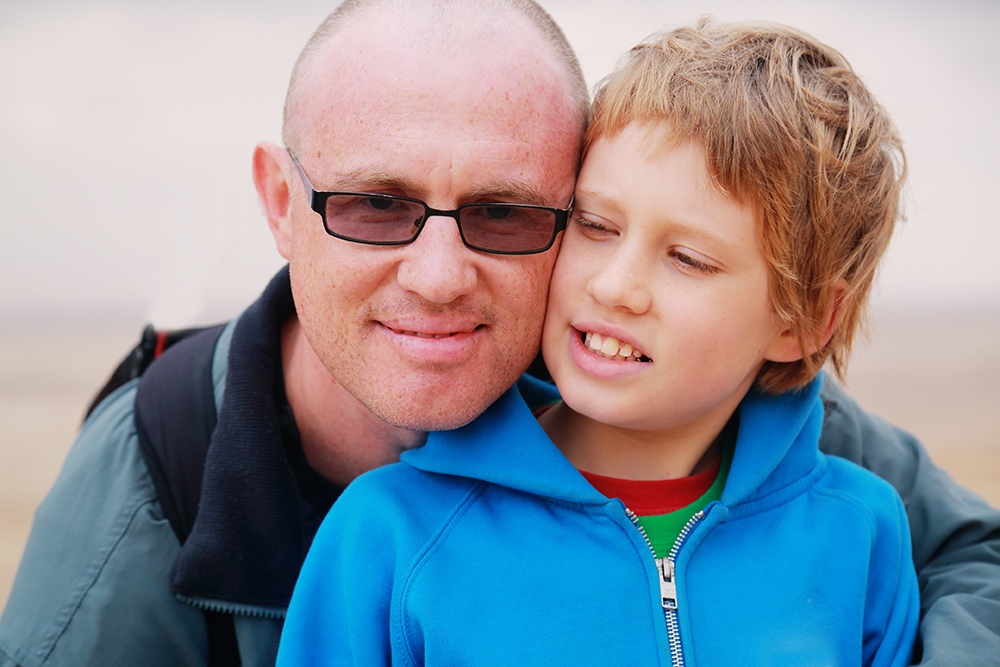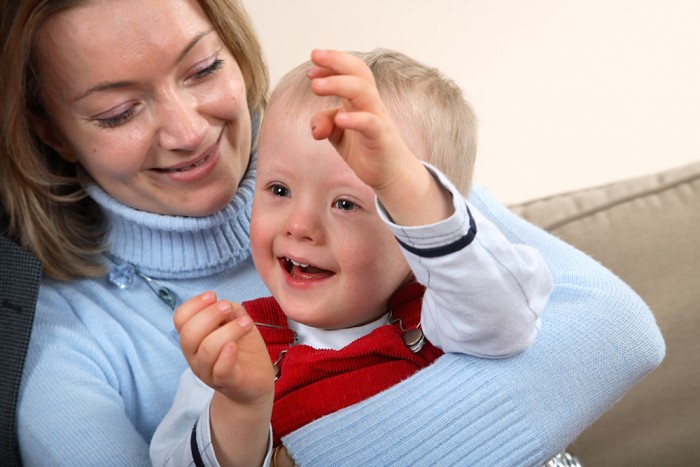CMS Telehealth and Telemedicine Tool Kit
CMS has issued a Long-Term Care Nursing Homes Telehealth and Telemedicine Tool Kit. CMS says:
“This document contains electronic links to reliable sources of information regarding telehealth and telemedicine. Most of the information is directed towards providers who may want to establish a permanent telemedicine program.
There are specific documents identified that will be useful in choosing telemedicine vendors, initiating a telemedicine program, monitoring patients remotely, and developing documentation tools. However, there is also information that will be useful for providers who wish to care for patients through the virtual services that may be temporarily used during the COVID-19 situation.
The OCR flexibilities with HIPAA are particularly important during this time as it allows the immediate utilization of commonly available programs such as FaceTime and Skype (in addition to others), which are now a very low cost option for any provider in any setting.”
This may be of interest to members with ICFs.
Change Made to Electronic Visit Verification Implementation Date
Due to the recent disruption in operations caused by the Coronavirus (COVID-19) outbreak, the decision was made to shift the electronic visit verification (EVV) implementation date. The implementation date has been changed to October 1, 2020. Questions about this change should be sent via email.
OCR Bulletin on Civil Rights Laws and HIPAA Flexibilities During COVID-19 Emergency
On March 28, 2020, the Office for Civil Rights (OCR) at the US Department of Health and Human Services (HHS) is issuing a bulletin to ensure that entities covered by civil rights authorities keep in mind their obligations under laws and regulations that prohibit discrimination on the basis of race, color, national origin, disability, age, sex, and exercise of conscience and religion in HHS-funded programs, including in the provision of health care services during COVID-19.
OCR is particularly focused on ensuring that covered entities do not unlawfully discriminate against people with disabilities when making decisions about their treatment during the COVID-19 health care emergency.
OCR enforces the Americans with Disabilities Act, Section 504 of the Rehabilitation Act, the Age Discrimination Act, and Section 1557 of the Affordable Care Act, which prohibits discrimination in HHS funded health programs or activities. These laws, like other civil rights statutes OCR enforces, remain in effect. As such, persons with disabilities should not be denied medical care on the basis of stereotypes, assessments of quality of life, or judgments about a person’s relative “worth” based on the presence or absence of disabilities or age. Decisions by covered entities concerning whether an individual is a candidate for treatment should be based on an individualized assessment of the patient and his or her circumstances, based on the best available objective medical evidence.
“Our civil rights laws protect the equal dignity of every human life from ruthless utilitarianism,” said Roger Severino, OCR Director. “HHS is committed to leaving no one behind during an emergency, and helping health care providers meet that goal.” “Persons with disabilities, with limited English skills, and older persons should not be put at the end of the line for health care during emergencies,” Severino added.
The Bulletin may be found here.
Today’s bulletin also reminds health care covered entities of unprecedented HIPAA flexibilities recently made available by OCR in response to the COVID-19 emergency concerning:
- OCR’s Notice of Enforcement Discretion allowing providers to serve patients where they are through commonly used apps like FaceTime, Skype, and Zoom to provide telehealth remote communications:
- Guidance that empowers first responders and others who receive protected health information about individuals who have tested positive or been exposed to COVID-19 to help keep both first responders and the public safe.
- Guidance on how health care providers can share information with the CDC, family members of patients, and others, to help address the COVID-19 emergency.
For general information regarding COVID-19, please visit this website.
# # #
COVID-19 and Childcare in Pennsylvania
CHILD CARE CLOSURES
Governor Tom Wolf announced the Closure of All Businesses That Are Not Life-
Sustaining on March 19, 2020, and child care is not considered life-sustaining on the
list. Child cares have been asked to remain closed until the Governor lifts the order but
child care is still available for life-sustaining personnel.
WAIVER TO PROVIDE CHILD CARE FOR LIFE SUSTAINING PERSONNEL
Governor Wolf recognizes the importance of caring for the children of life-sustaining
personnel, which is why the Office of Child Development and Early Learning created the
Exemption to Operate During Temporary Closure waiver for child care programs.
To see a list of child care programs operating on a waiver, visit the Department of
Human Services’ COVID-19 Resources Child Care Centers Map.
Family Child Care Homes and Group Child Care Homes operating in a residence are
permitted to remain open without a waiver and operate at their own discretion.
EARLY LEARNING RESOURCE CENTERS (ELRC) CAN HELP!
ELRCs can help working families by assisting them in finding open child cares with
waivers in your area.
ELRCs can assist families with applying for CCW (child care subsidy) or finding
other community resources they may need during this time, such as food pantries.
Locate your ELRC.
Gov Wolf Requests Major Disaster Declaration for Additional Support in COVID-19 Response
FAQs Released for Recently Passed CARES Act
The National Council for Behavioral Health (National Council) has distributed an extensive set of questions and answers on the recently passed Coronavirus Aid, Relief, and Economic Security Act (CARES Act). This information can assist members with answering their questions and the benefits contained within the legislation. Questions, please contact Jack Phillips.
Pennsylvania is Reinforcing the Health Care System to Fight COVID-19
Federal Small Business Administration Loans Available to Nonprofits
President Trump has signed into law the third coronavirus stimulus bill – the Coronavirus Aid, Relief, and Economic Security Act (CARES Act). In the CARES Act, the law makes available federal loans to nonprofits through the Small Business Administration (SBA). For members’ convenience, please find a summary of the SBA loans available. Questions, contact Jack Phillips.














